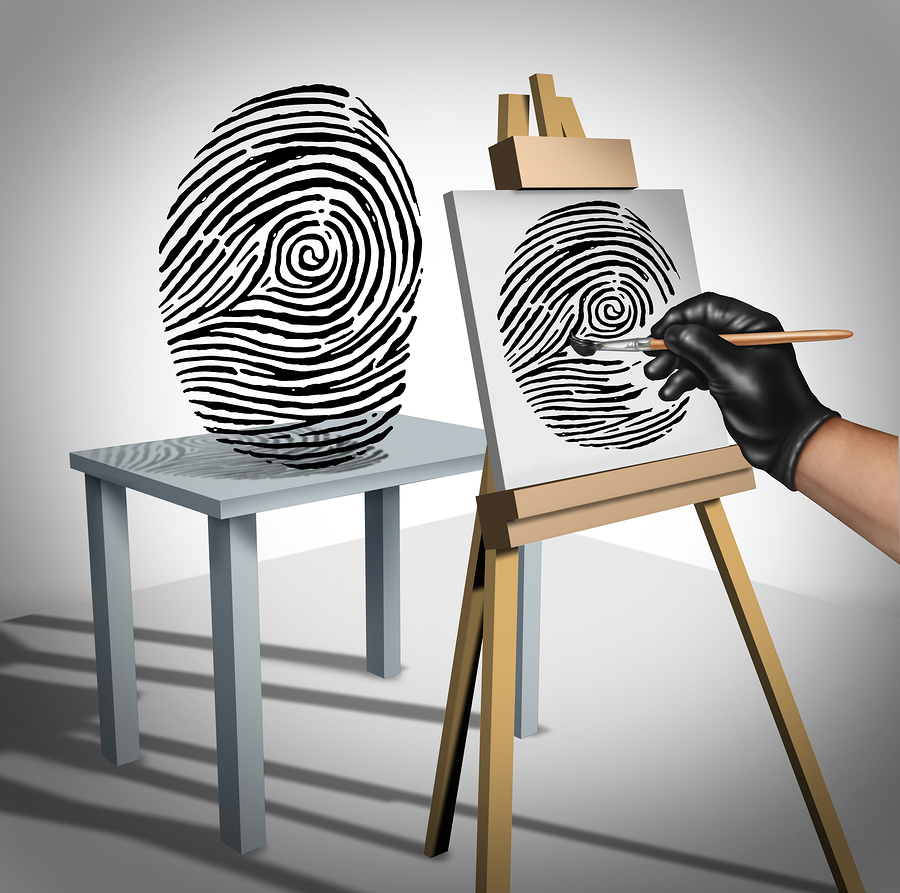You are a unique, one-of-a-kind person with your very own fingerprint, distinct personality, original DNA recipe, and a laugh that can be picked out in a crowd. And, yet, someone has managed to steal your online identity.
Thankfully, you do not have to accept the fact that there are now two of you. You can take measures to set the record straight and reclaim your online identity.
Report It
Reputable websites, forums, and social media platforms expressly forbid users from using fake or stolen identities. As a result, most offer a way to report this type of activity so that they can shut the imposter down and take action against them.
If someone is impersonating you on a review website or open forum, approach the moderator and ask them to delete the fake user’s comments. You may also wish to post a notice saying that previous comments were created by an imposter and, in no way, represent your opinions.
If someone is using stolen photos bearing your image, you will want to flag them as such. Plus, when it comes to social media accounts, you will need to file a formal report of the abuse through proper channels. For instructions on how to do this for Twitter, Facebook, Google+, Plenty Of Fish, Instagram, and OkCupid, check out The Guardian‘s “What Do You Do If Your Pictures Are Used Without Your Consent on Social Networks?”
Share It
It’s not every day that a hefty chunk of stellar content lands in your lap, but, thanks to your imposter, you now have a great story to blog, tweet, and post about. Not only will sharing your story make you feel better, help others from becoming the next identity misappropriation victim, and dislodge your writer’s block, but it will also provide you with a chance to tell your side of the story. And, as Lifehacker adds, as soon as your readers and followers click on the imposter’s profile link, they’ll see what’s really going on–halting your “wannabe-you” in their sneaky tracks.
Record It
It is important to keep a permanent record of your imitator’s actions. According to “Online Impersonation Laws,” this means taking screenshots of the offending behavior and saving all messages. This will ensure that you still have evidence–even if the offender shuts down their fake account.
Also, remember to record conversations that you have with any parties who you are in contact with while trying to reclaim your online name. Keep e-mails and chat messages, write down dates and times, and get names.
Litigate It
The punishment for online impersonation in the United States is dependent on one’s state. While New York and California consider it a misdemeanor, Texas deems it a third-degree felony. Some states have no impersonation laws at all. If the impersonation can be construed as stalking or harassment, however, it can be punishable under the laws about those crimes. “Misappropriation of Name and Likeness in the Digital Age” does warn that misappropriation claims must be filed quickly as you only have four years to do so.
Your identity–just like your signature, your fingerprints, and the way you snort when you laugh–are all unique to you. And no one has the right to steal them.
What advice can you offer someone who has had their online identity misappropriated?



